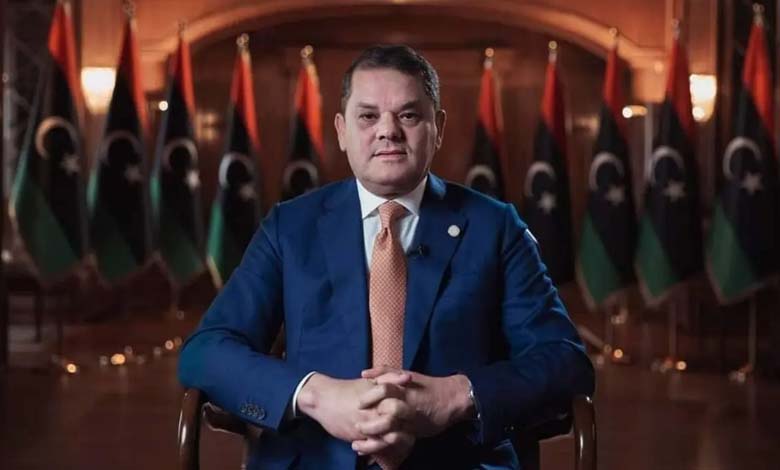Libyan Expert: Dbeibeh’s Move Is Too Late… Militias Have Become Partners in Power

A major political and security development amid deadly armed clashes in Tripoli
In a significant political and security development, fierce armed clashes erupted in the Libyan capital, Tripoli, reigniting the debate over the dominance of militias and their deep infiltration into state institutions. The violence has left at least six people dead and over 70 injured.
-
Dbeibeh Promotes Security Victories with Arrest of ISIS Leader
-
Lockerbie bombing: Dbeibeh admits Abu Ujaila’s extradition to Washington
Formation of a Truce Committee to Maintain the Ceasefire
Amid the rising security tensions in Tripoli, the United Nations Support Mission in Libya (UNSMIL) and the Presidential Council — as the supreme commander of the armed forces in western Libya — announced the formation of a truce committee aimed at maintaining the ceasefire.
The committee, chaired by Chief of General Staff General Mohamed Al-Haddad, seeks to de-escalate tensions and ensure that all parties comply with international humanitarian law and human rights standards, according to reports from the Russian agency TASS.
-
Libya: A School Year without Books and the Corruption of the Dbeibeh Government Threatens the Future of the Country
-
How did the Bashagha and Dbeibeh war cause Libya to enter the ‘public money’ conflict? Details
Ongoing Efforts to Restore Calm
The Ministry of Defense under the Government of National Unity also announced its continued intensive efforts to reinforce the ceasefire and bring calm back to the capital. The ministry emphasized its direct oversight of coordination among regular military units to ensure Tripoli’s stability and protect civilians and vital infrastructure.
It urged media outlets to adhere to professionalism and avoid spreading unverified information that could cause panic among residents, stressing that accurate updates would be issued exclusively through official channels.
-
Libya – Dbeibeh confirms starting political talks to reach holding elections soon
-
Libya: Abdul Hamid Dbeibeh calls for evacuation of Tripoli area
Militias Above the State
Prime Minister Abdelhamid Dbeibah spoke about the details of a “successful” military operation in the Abu Salim area, which targeted the Stability Support Apparatus, led by Abdelghani Al-Kikli, widely known as “Ghnewa.”
He stated that the apparatus now poses a greater threat to the Libyan state than ever before, noting that it has “taken control of six banks, blackmailed ministers, and detained anyone who disagrees with it.”
Regarding the recent clashes between his government-affiliated 444th Combat Brigade and the Deterrence and Counterterrorism Force, Dbeibeh described the events as a “shared mistake and a hasty implementation of decisions aimed at asserting state authority.” He emphasized that his government had no intention of sliding into armed conflict, but aimed instead to enforce discipline and restore sovereign decision-making.
-
Gheniwa’s Blood Strangles Dbeibah… Tripoli’s Nero Burns in His Own Fire
-
Militia Arms Chaos Reignites Violence Spiral in Tripoli
Militias as Power Brokers
Political analyst Adham Al-Farjani stated that while Dbeibeh’s talk of dismantling militias is bold, it comes too late. He explained that the militias have not only infiltrated state institutions but have become actual partners in decision-making. Without a comprehensive political agreement and regional consensus supporting the state-building project, he warned, such promises would remain empty rhetoric.
Al-Farjani added that Dbeibeh’s speech was populist in tone, aiming to regain public trust, but lacked clarity on how to confront armed groups that dominate the streets and wield both economic and security power. Without a clear disarmament plan and a strict timeline, the confrontation between the state and militias will remain unresolved.
-
Political Stalemate Brings Militias in Western Libya Back into the Spotlight
-
Corruption and Terrorism Financing Drive Washington to Suspend Aid to Libya
The crisis deepened further with mass protests on May 14, during which demonstrators demanded the resignation of Dbeibeh’s government, blaming it for the ongoing chaos and bloodshed.
A member of the security forces was killed while attempting to secure the Prime Minister’s Office, further escalating the country’s security crisis.












